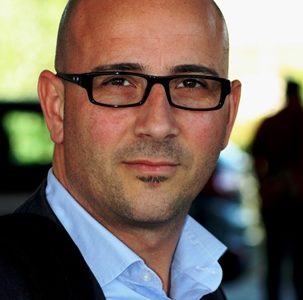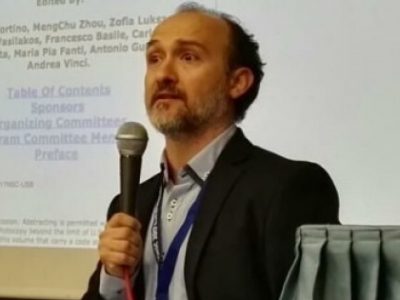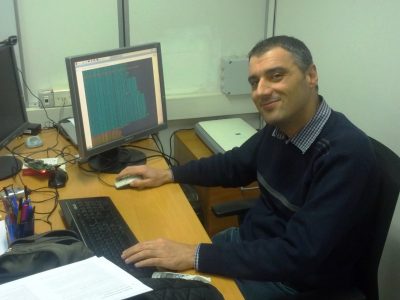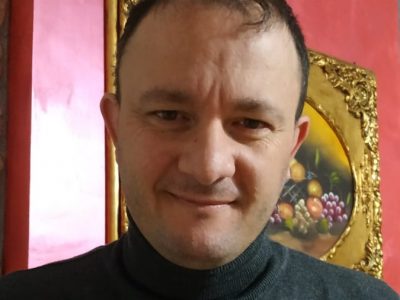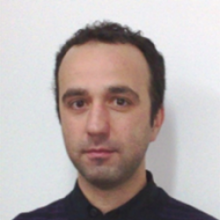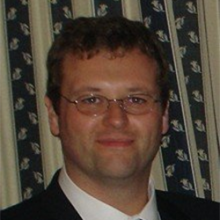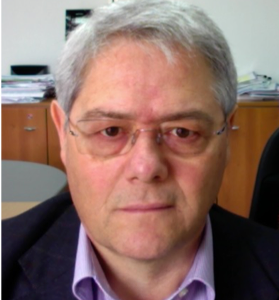The Speedy laboratory investigates the principles, models, methodologies and tools needed for the design and development of high-performance, distributed and pervasive systems. Such systems are a complex ecosystem of heterogeneous entities (services, smart objects/M2M, people, etc.) that cooperate to provide the related functionalities, and are able to evolve and quickly adapt to changing requirements.
The focus is on combining Cloud Computing and the Internet of Things (IoT), in order to enable the convergence of smart objects, big data and Clouds, and create new frameworks able to offer services for detecting, controlling and processing big data. Cloud platforms are used to store data, use it for the creation of “smart environments”, and develop advanced models which can help to identify, monitor, optimize, learn and process our environment. The IOT will evolve towards a cognitive IOT model in which objects have the ability to learn and understand the physical and the social world. Pattern mining algorithms, machine learning methods and artificial intelligence techniques will be designed and executed on the Cloud in a distributed and elastic fashion to automate decision making processes.
The software development methodology is founded on decentralized and self-organizing agent-based solutions and on the swarm intelligence paradigm inspired by biological systems. The Cloud is itself a subject of research, aimed at optimizing the use of computational resources through the efficient use of virtual machines, both classic and “light-weight” (i.e., “containers”).
The research interests of the laboratory staff include: Cloud Computing, InterCloud, fog computing, urban computing, social pervasive and mobile computing, Internet/web of everthing and services, cognitive IoT, platforms for the support of cooperating smart objects, swarm intelligence, cyber physical social systems (CPSS), scalable data analytics, multicore and GPU computing, stream mining.
Fields of application
The integration of the Cloud Computing paradigm with the Internet Of Things allows to develop several applications and to create new services to enhance life quality. The application fields of interest for the Speedy lab are:
- smart cities
- smart street
- urban computing
- connected smart home
- smart mobility
- Ambient Intelligence distributed systems and the Internet of energy to optimize smart grid and water grid operation.
Research themes
The objective is to use the technologies necessary to combine hardware, software and web services to create networks of smart objects able to collaborate with each other and with the environment and to extend their functionality through cloud-based cognitive systems. The final aim is to make the objects intelligents, make them think, speak and interact using a model of the Internet of Things that represents real objects (sensors, actuators, etc) through virtual objects (VO), and in which data are produced and analyzed in real-time. The research topics are the following:
- Novel models and algorithms for the efficient and social integration of smart objects into an adaptive platform, interoperable, scalable, event-driven and able to operate in multi-domain contexts. The social network model is applied to the objects so as to define a technology platform social and pervasive that enables the integration of data from networks of smart objects.
- Models of information processing for data from smart objects using the collective intelligence paradigm and reasoning tecniques based on self-organizing systems with autonomous behavior.
- Definition and development of models for cyber-physical distributed systems based on the Fog computing paradigm to monitor, share and manage information, and to support applications that require real-time latency / predictable. Using techniques of real-time analytics (eg. Audio and video analytics) to extract useful information and intelligence.
- Optimization of computational resources in Cloud environments. Such a research field aims at optimizing resource utilization by an efficient usage of virtual machines, both classic and soft (“container”). The allocation and dynamic re-distribution of remote platform loads can improve both efficiency and performance of distributed applications, as well as reduce the impact in terms of energetic consumption and CO2 emissions.
- • Intelligent algorithms for Urban Computing services. Such a research field is devoted at developing data mining algorithms for the analysis of urban data (traffic flows, air quality, people/vehicle mobility), with the goal of improving planning and management of citizen services.



